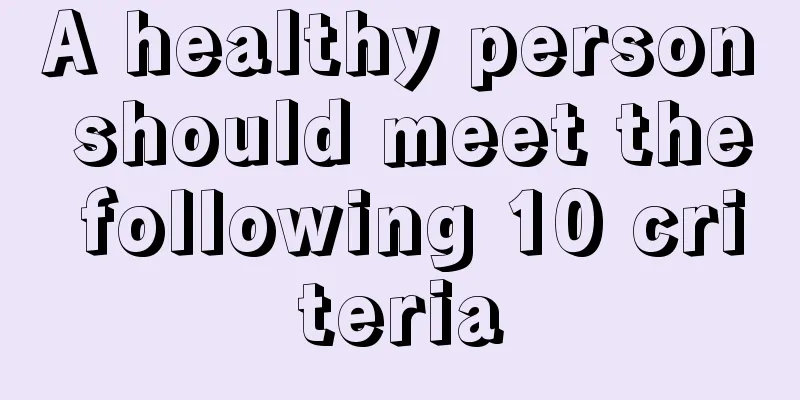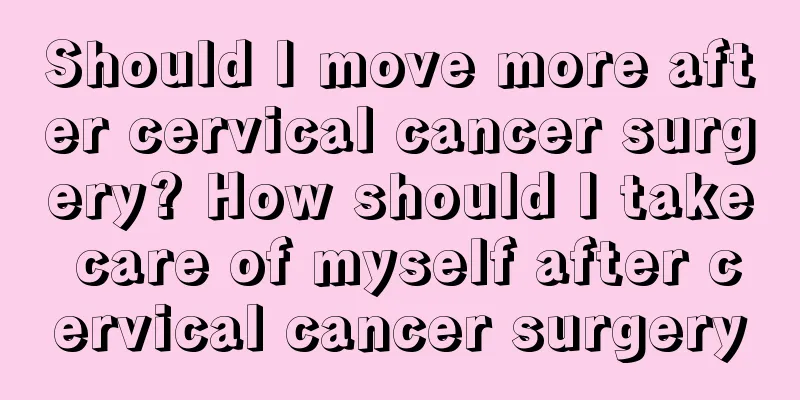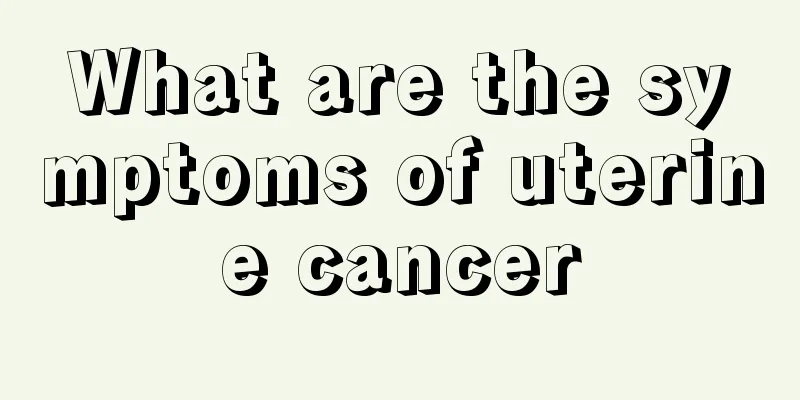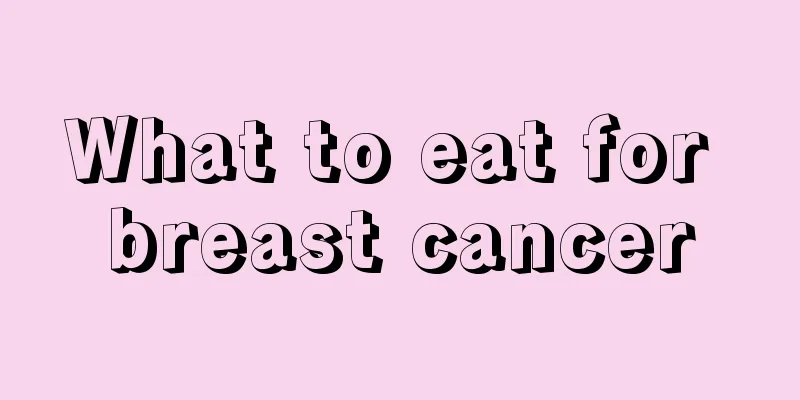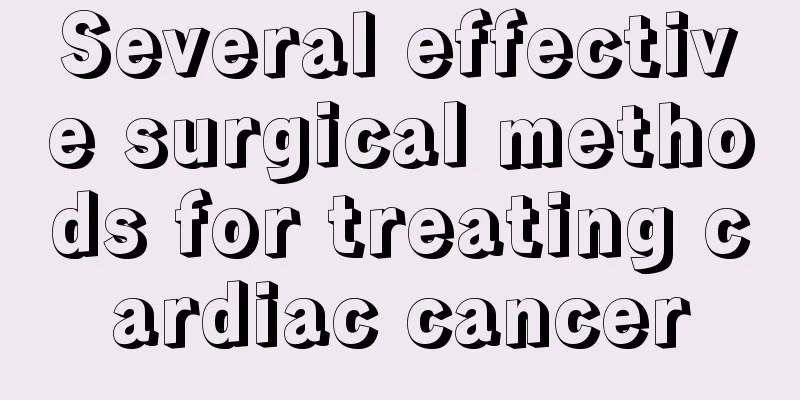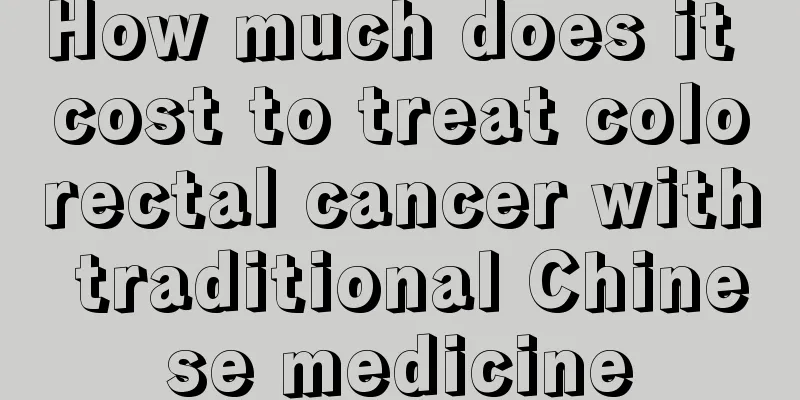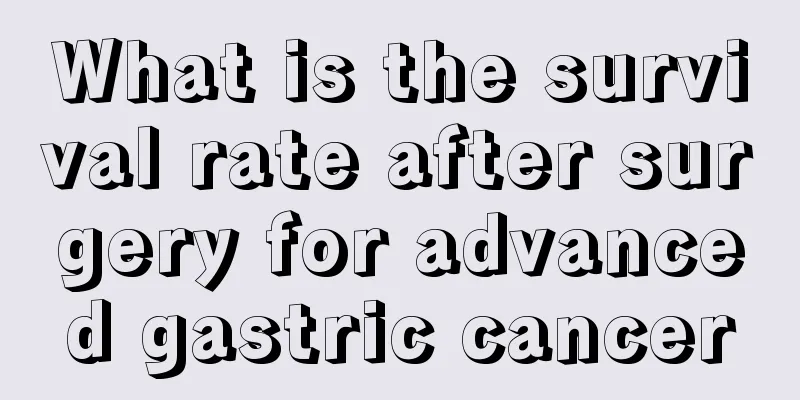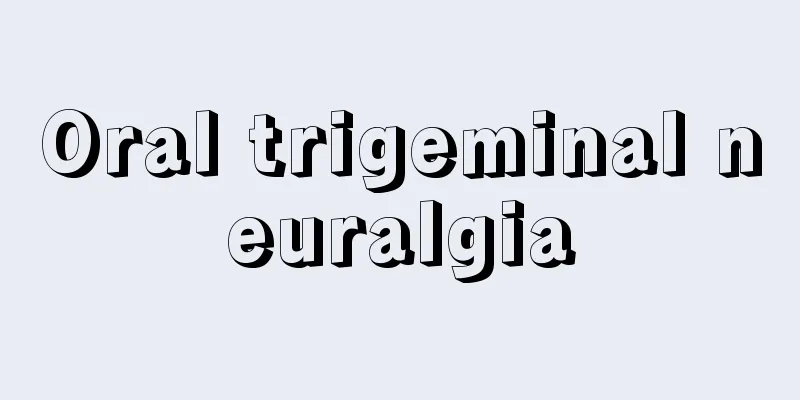The drug of choice for sinus tachycardia
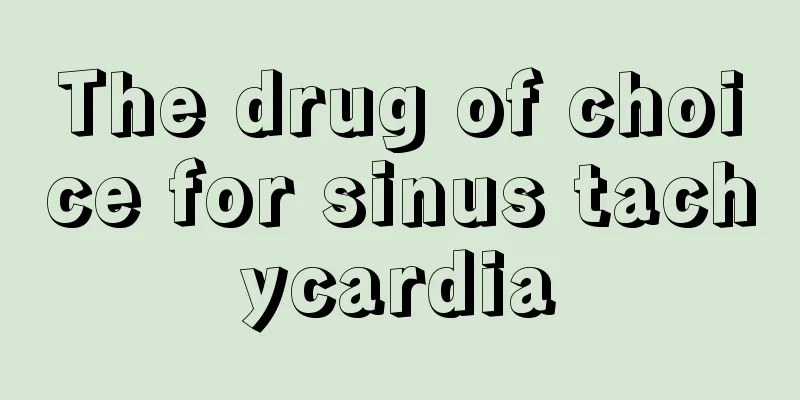
|
Sinus tachycardia is a relatively common symptom. When this symptom occurs again, the patient will face great pain. Fortunately, this symptom can be relieved and treated through certain methods. For example, many patients will choose some drugs to treat sinus tachycardia. So, what drugs can be used to treat sinus tachycardia? This will be introduced below! 1. Treatment principles (1) Eliminate the cause and treat the primary disease. (2) Treat the symptoms accordingly. 2. What medicines are generally used for sinus tachycardia? Sinus tachycardia can be treated with drugs that slow down the ventricular rate. The more commonly used drug in clinical practice is metoprolol tartrate, which is a beta-blocker. The drug primarily inhibits ventricular conduction, thereby slowing the heart rate. If sinus tachycardia is caused by myocardial ischemia, the patient should also be given drugs to nourish the myocardium, as well as drugs to promote blood circulation, remove blood stasis and improve circulation. It is important to know the cause of the patient's illness. Only by finding out the cause can the symptoms be controlled. Sinus arrhythmia and tachycardia can be controlled by these drugs. 3. Principles of Medication (1) Most cases caused by physiological or extracardiac factors do not require special treatment. The treatment of sinus tachycardia should focus on treating the primary disease, supplemented by symptomatic treatment when necessary. For sinus tachycardia caused by congestive heart failure, digitalis preparations, diuretics and vasodilators can be used. Correction of sinus tachycardia is often used as one of the indicators for controlling left heart failure. (2) In the treatment of sinus tachycardia not caused by heart failure, such as sinus tachycardia caused by hyperthyroidism, the use of digitalis cannot slow the heart rate. Note: Digitalis overdose can also cause sinus tachycardia. For patients with sinus tachycardia caused mainly by sympathetic nerve excitement and increased catecholamines, beta-blockers, sedatives, etc. can be used. (3) For the treatment of patients with acute myocardial infarction, when there is no obvious heart failure and the sinus rate remains >110 beats/minute, a small dose of beta-blockers such as oral atenolol or calcium channel blockers such as oral diltiazem can be temporarily tried to slow the heart rate. If necessary, the drug can be taken once every 8 to 12 hours. Sinus tachycardia secondary to left heart failure should be treated primarily for heart failure. |
<<: Cerebrospinal fluid mononuclear cell increase
>>: Sinus tachycardia can be cured
Recommend
The four periods when women are most likely to develop spots. The appearance of spots is not accidental
Adolescent girls are prone to "post-inflamma...
What's wrong with my lower back pain and nausea?
There are many reasons for low back pain, general...
What is the effective treatment for gallbladder cancer
Gallbladder cancer is a malignant tumor disease t...
How to remove spots better?
After spots appear on the face, many people feel ...
How effective is red wine for washing your face
Red wine is a relatively high-selling alcoholic b...
Is endometrial cancer hereditary?
The emergence of cancer is still a mystery that h...
What is the level of TG control in hemisection of thyroid cancer
The level of TSH (thyroid stimulating hormone) co...
How to treat a constitution prone to heatstroke
The dog days of summer can be said to be the time...
How long does it take for milk to come out after milk is emptied
For breastfeeding mothers, it is necessary to dra...
How to care for pancreatic cancer after surgery
In recent years, pancreatic cancer has become one...
What to do if sesame paste becomes hard
When we eat spicy hot pot, sesame sauce is our fa...
Is nasopharyngeal cancer contagious? Is it highly contagious?
Is nasopharyngeal cancer contagious? How contagio...
What are the methods to get rid of mosquito bites
When summer comes, mosquitoes increase in number ...
The clinical significance of elevated ferritin
Everyone has ferritin in their body, and its main...
Traditional Chinese medicine treatment for vomiting in patients with esophageal cancer
Vomiting is a common symptom in patients with eso...
